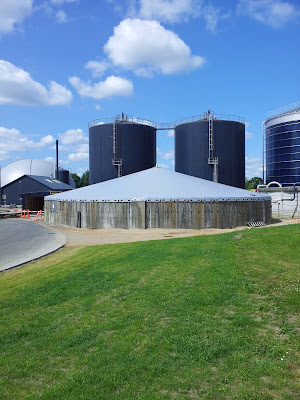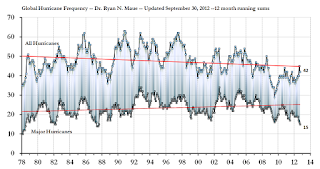New Financial Support for Biogas in Poland [expanded version]

Randy M. Mott JD, vice president Polish Biogas Association, President of Central and Eastern Europe Renewable Energy Solutions (CEERES) [1] The European Commission finally approved the new amendment and total Polish RES support package. S A.43697 Polish support scheme for RES and relief for energy-intensive users (December 13, 2017). The decision frees the way for new auctions in 2018 and likely running into 2021 and maybe beyond. The Energy Regulatory Agency has announced a new agricultural biogas [2] auction reference price of 570 PLN/MWh which is the highest yet proposed in Poland. From the " High Voltage" newsletter in Poland: " The most, nearly 18 billion zlotys, or almost half of the entire budget approved by Brussels, may be absorbed by - planned by the government - increase in production in biogas installations from the current 1 TWh per...










